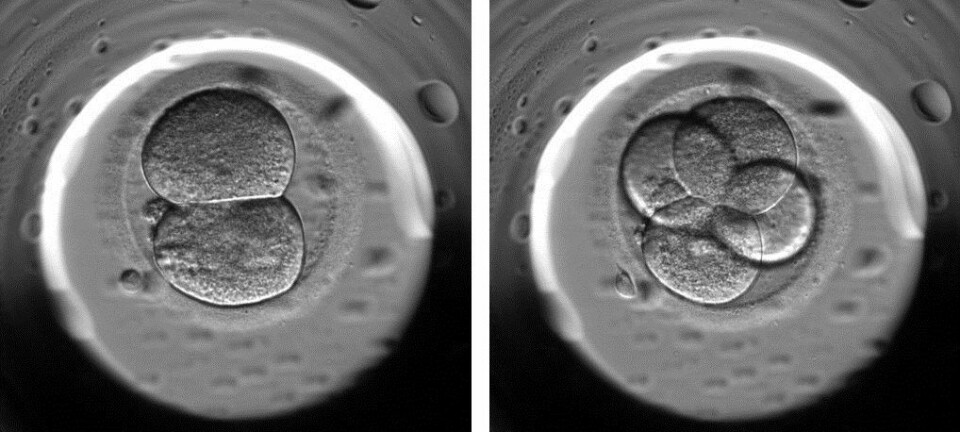
Eating more eggs may reduce risk of diabetes
Researchers followed a group of men for 20 years and found health benefits from eating eggs – a controversial food when it comes to health issues.
A number of recent news articles appear to dispel many long-established health guidelines. Now egg consumption may be another example, with conflicting research linking it to health issues including elevated blood sugar and type 2 diabetes.
New research from Finland however, suggests that more than five eggs a week could in fact help keep diabetes at bay. These are the results of a study led by Jyrki Virtanen at The University of Eastern Finland, published by the American Journal of Clinical Nutrition, and reported last week by MedPage.
Virtanen and colleagues investigated whether egg intake in middle-aged and older men from eastern Finland could be associated with developing type 2 diabetes later in life. They studied over 2000 men, first establishing their dietary habits, and followed them over 20 years to identify any incidences of diabetes.
They found that men who ate more than five eggs a week had a lower risk of contracting type 2 diabetes than men who only ate one.
“Our studies imply that egg intake may not be a risk factor for type 2 diabetes and may even be associated with a lower risk, if egg intake is not accompanied with unhealthy lifestyle or dietary factors,” says Virtanen.
In fact, this may well be the cause of conflicting results.
“In most other study populations, higher egg intake has been associated with generally unhealthier lifestyle factors and diet, whereas in our study that was not the case,” says Virtanen.
He continues, “In many other studies those with higher egg intake have smoked more and exercised less and have had a higher intake of processed red meat such as bacon, which are all risk factors for type 2 diabetes. So, higher egg intake in those studies may reflect these other well-established risk factors for type 2 diabetes.”
Studying food groups will address conflicting health advice
The research may have important implications for guidelines limiting egg intake due to cholesterol concerns, and suggests that research should in the future focus on the impact of food-groups rather than individual foods or nutrients.
It has traditionally been suggested to avoid eggs because of the high cholesterol content, says Virtanen. "But eggs are also a very good source of many beneficial nutrients, so it's impossible to interpret the effect of egg consumption on the risk of disease based only on the cholesterol content."
Future research from Virtanen and colleagues will consider other food groups, including cultured versus uncultured milk products, and their possible associations with cardiovascular diseases.










